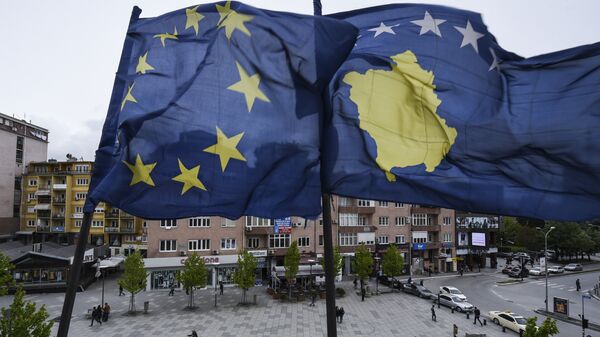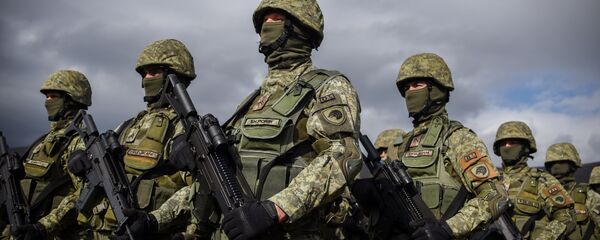"The Serbian government should react to Kosovo plan to transform the security force into an army according to the Kumanovo Agreement that doesn’t foresee formation of any army on the territory of Kosovo and Metohija. We expect the same from the other international stakeholders that participated in the signing of this agreement," Sutanovac said.
Sutanovac was referring to the Kumanovo Military Technical Agreement that, together with the UN Security Council Resolution 1244, ended the war in Kosovo in 1999.
According to Sutanovac, Pristina’s current efforts toward the formation of the Kosovo army are "due to a variety of daily political motives" of the Kosovo politicians and indicate misunderstanding of the key challenges, risks and threats of the Kosovo society.
"Kosovo and its society are not war threatened but at the same time the security of their citizens is on a very low level due to a high level of organized crime. The competent authorities on Kosovo should tackle the issue of strengthening the criminal police and security services which serve for prevention of international and organized crime but also in regard to the rising extremism," Sutanovac explained.
On Wednesday, Serbian Prime Minister Aleksandar Vucic said that Serbia expected that the European Union, Russia and the United States would contribute to its efforts in countering the formation of the national army in Kosovo.
Kosovo unilaterally proclaimed independence in 2008 and is recognized by over 100 UN member states. Serbia, as well as Russia, China, Israel, Iran, Spain, Greece and other countries do not recognize Kosovo’s independence.



